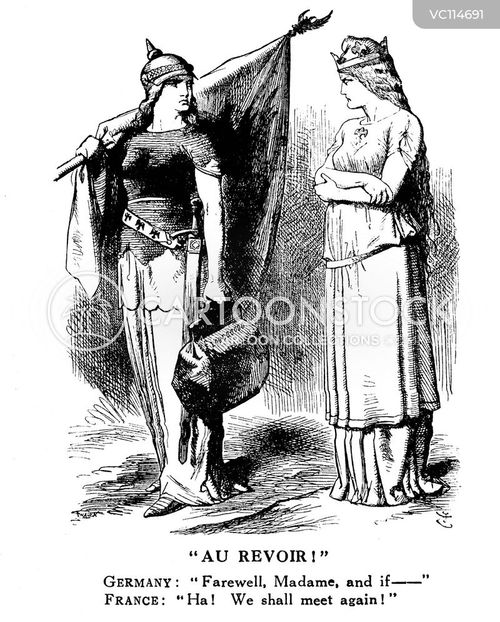((Private))
Lolo had been in a foul mood since arriving in the mosquito infested, God forsaken inferno of a country that was the Spanish Niger. His black humour had not been improved by butchering the native excuse for armies in a monotonous chain of engagements. Nor by brutally suppressing any hint of resistance in the aftermath. Nor even by securing several choice parcels of land for himself and his associates to turn into prime plantations.
Consequently, it came as some surprise that his spirits could be lifted by something so trivial, so unassuming, so natural. Indeed, it felt as though all the weight of the past months discontent was slipping away and leaving him light enough to soar into the air. Lolo found himself grinning unabashedly as he once again slammed his swagger stick into his victim's face. This wasn’t some inferior negro but a proper man; someone from whose existence he could derive a thrill from obliterating. He could not even remember what exactly this individual had done to provoke his ire.
‘Sir, I think he’s dead.’ Sanchez, Lolo’s servant caustically remarked some time later.
___
They disposed of the body in the most obvious way;
‘He lay with a woman, father.’
The priest looked confused. ‘He what? But how…’
‘He killed himself out of remorse, father.’
The priest looked skeptically at the bloodied mess of splintered bone that had once been the man’s face. ‘He-’
‘Killed himself.’ Growled Sanchez.
‘Yes.’ The priest looked nervous.
‘So he’s a suicide. Can’t bury him in holy ground, now can we?’
___
Several days later Lolo happily returned to Spain.







